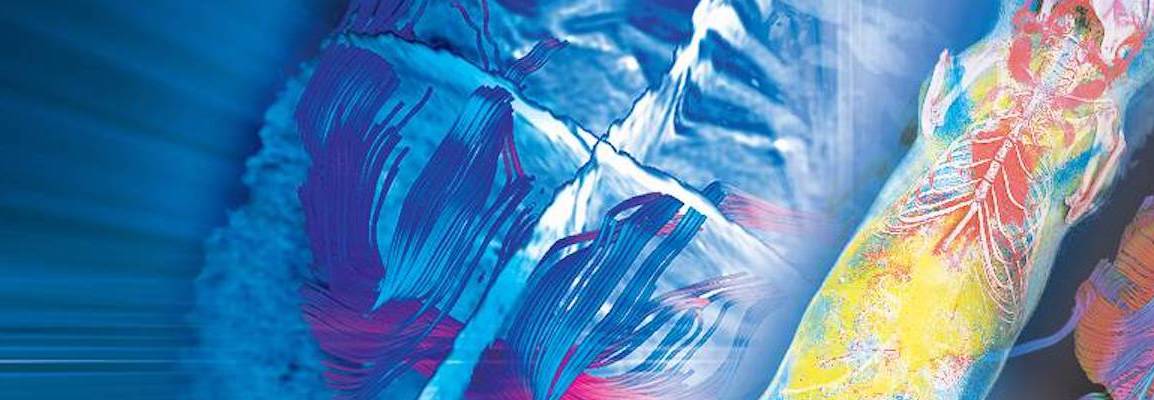

Rapid, Quantitative CEST Imaging with MRI Fingerprinting
Chemical exchange saturation transfer (CEST) is a technique that may be applied to a number of disease areas. In oncology applications, for example, amide CEST can distinguish radiation necrosis from tumor progression as well as early response to chemotherapy. However, such therapies often affect the tissue pH and the local T1 and T2 relaxation times for the bulk water and so it is challenging to quantify the resulting exchange contrast. In this webinar, radiologist Christian Farrar (Harvard Medical School) will discuss how a recently developed rapid, quantitative and efficient MRI fingerprinting method could make CEST MRI a more quantitative technique.
This webinar took place on May 2nd, 2019
What to Expect
Dr. Farrar will report on initial applications of this new fingerprinting CEST MRI method. Using stroke and cancer models as examples, he will describe how the technique enables quantitative assessment of changes in underlying tissue parameters through the generation of quantitative exchange rate and exchangeable proton concentration maps.
Key Topics
The main topics that will be covered include:
- MRI fingerprinting for efficient, quantitative, clinically translatable disease imaging
- Advantages over traditional CEST methods
- Deep learning neural networks for parameter map reconstruction in stroke
- Quantitative exchange rate and concentration maps in a tumor model
- Bruker’s 4.7 Tesla BioSpec and 7.0 Tesla BioSpec PET/MRI systems for data acquisition and ParaVision 6 MRI software for pulse sequence development
- MPLAB and C++ programs for analysis and fingerprinting
Who Should Attend?
With applications spanning almost any disease area, from cancer, stroke, neurodegenerative disease, through to cardiac metabolism disorders, this new MR fingerprinting method would interest anyone involved in pathology from an academic, industry or pharmaceutical R&D perspective, as well as those involved in the physics of MRI.
Speaker
Dr. Christian Farrar
Assistant professor in the Department of Radiology at Harvard Medical School
Christian Farrar is an assistant professor in the Department of Radiology at Harvard Medical School and an assistant in neuroscience at Massachusetts General Hospital. His research is focused on the development of innovative MR imaging methods for characterizing disease processes and the advancement of MRI contrast mechanisms and agents.